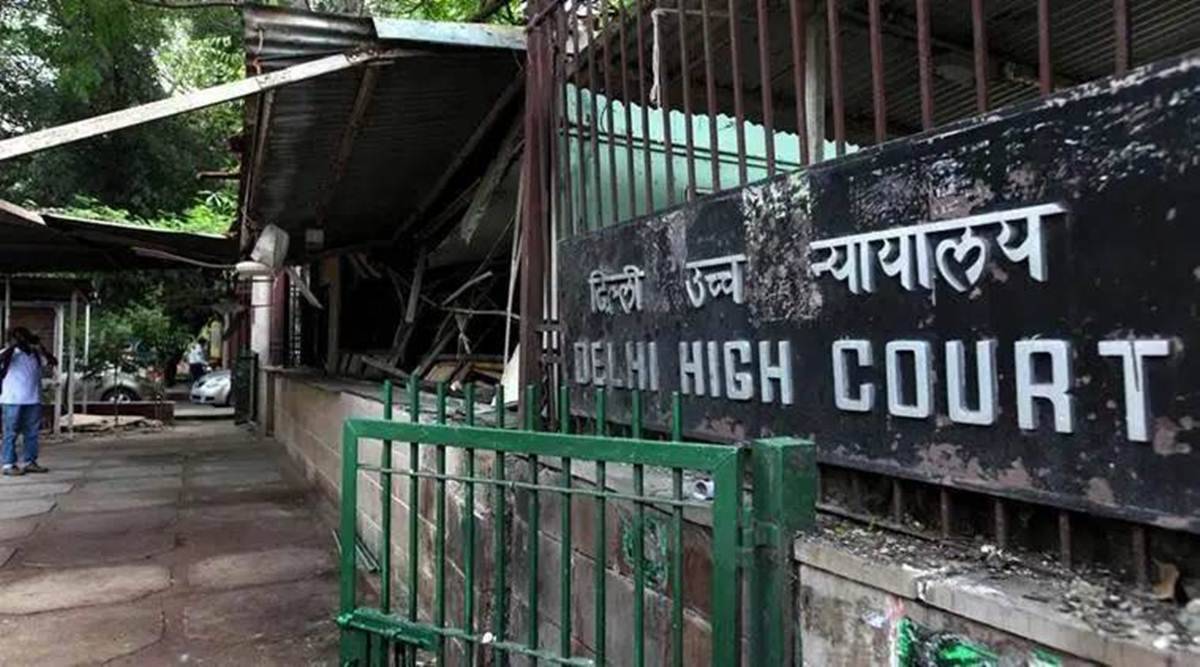 Delhi High Court (File)
Delhi High Court (File) The Delhi High Court Tuesday observed that the nature of a relationship cannot put it on a different pedestal when it comes to dealing with cases of marital rape.
The court was hearing a bunch of petitions which challenge the legal exception that protects men who have forced, non-consensual intercourse with their wives.
During the hearing, the Delhi government submitted that though the exception to IPC Section 375 (rape) does not criminalise the act of unwilling intercourse with a spouse, it does not compel a wife to remain with or have sexual intercourse against her will with her husband.
Advocate Nandita Rao, representing the government, also submitted that a woman has the remedy of divorce on the grounds of cruelty, and she can register a criminal case under IPC Section 498A or other provisions. “It is not a crime under 375 doesn’t mean that I can’t say no. It doesn’t even mean that I cannot criminalise the act and send the man to jail. The only thing is the sections applicable to a married couple are different,” submitted Rao, adding that a woman is not left without a remedy.
However, the division bench of Justice Rajiv Shakdher and Justice C Hari Shankar appeared unconvinced with the submission and said that Section 375 deals with the situation where the offence of rape has already taken place, and the exception creates a firewall in cases of married couples.
“375 deals with a situation where rape has occurred. 375 then says that when there is a marriage, the offence does not attract. Of course, nothing can compel… The state or a provision in a statute can’t compel anyone to do something if she or doesn’t want to do anything. The point is it has happened in a sense that if someone is unwilling and someone doesn’t give consent, the man imposes himself,” said Justice Shakdher, adding that the man does not face penal consequences because of the exception.
Justice Shakdher added that the argument is that the nature of a relationship cannot put it on a different pedestal. “Woman remains a woman… You can show us sections but jurisdiction after jurisdiction has held that merely because you are married, it is not good enough to say it is not an offence. You want to persuade us that because she is married and there are other provisions in the law, she can only recourse to that, but cannot call him out for rape under 375,” added the court.
Rao submitted that the court will have to come to a conclusion that the alternative remedy is inadequate to protect her dignity, and the exception in law is an intrinsic assault on her dignity. The court asked whether 50 countries have got it wrong, “Why is it so different for a non-married woman? It affects non-married women’s dignity but doesn’t affect the married woman’s dignity? What is the answer to that,” it added.’
When the court cited a situation where a man “brutalises” a woman who is on her menstrual cycle, despite her stating that she is not in a condition to have sex, and asked whether it does not violate her dignity, Rao responded that it is an offence.
“But not under 375,” submitted the government counsel. “The act of forced sexual intercourse is a crime whether it is a wife or a live-in partner or stranger… the language of 375… legislature has drafted it in a way does not make it an offence.”
The petitioners before the court have earlier argued that the exception violates Article 14 as it differentiates between a married and unmarried woman.
- The Indian Express website has been rated GREEN for its credibility and trustworthiness by Newsguard, a global service that rates news sources for their journalistic standards.

